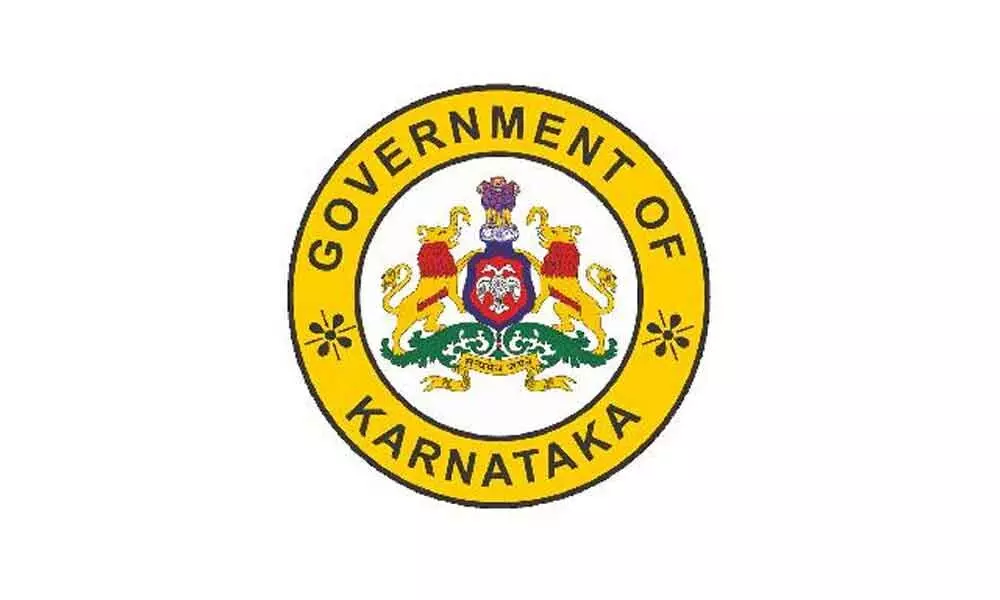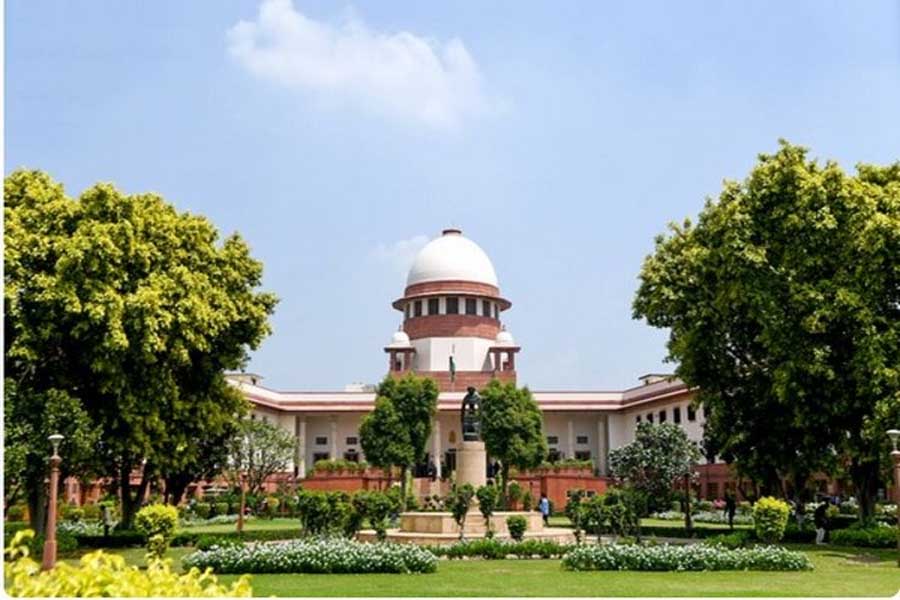Bengaluru: In a move to fulfil one of the promises outlined in the Congress manifesto, the Karnataka government is set to introduce its first ‘guarantee’ scheme. Starting Sunday, June 11, women across the state will be entitled to free travel on government buses. Chief Minister Siddaramaiah will inaugurate the scheme in front of Bengaluru’s Vidhana Soudha at 11 am, with implementation scheduled to commence at 1 pm on the same day.
Transport Minister Ramalinga Reddy, addressing the press at Vidhana Soudha, expressed the government’s readiness to launch the ‘Shakti’ scheme. He clarified that sleeper and luxury buses would be excluded from the initiative. To avoid any confusion, the government has decided to affix stickers on buses offering free bus services for women.
“The inauguration of the scheme will take place at Vidhana Soudha, followed by a symbolic journey to Majestic, signifying the green signal for the initiative. The implementation will be rolled out simultaneously across the entire state of Karnataka. Commencing from 1 pm onwards, women will be entitled to enjoy free travel on government buses. It is essential to note that buses lacking the designated stickers will not be eligible for free travel,” Reddy said.
Additionally, the government has specified that buses traveling outside the state, including sleeper buses (both AC and non-AC), Vayu Vajra, EV Power Plus (AC), Ambari, Airavat, and Flybus, will not be covered by the scheme.
Furthermore, Transport Minister Ramalinga Reddy announced that all beneficiaries must acquire the ‘Shakti Smart Card’ within the next three months. This smart card will facilitate the tracking of the number of women passengers and the distance they’ve travelled. The data collected will be beneficial for reimbursement purposes for Transport corporations.
When questioned about the possibility of extending the scheme to private buses, especially in coastal regions where the availability of government buses may be limited, the minister said that the government has not yet entertained any proposal in this regard. Currently, the focus of the scheme remains on government buses, and there are no immediate plans to include private bus operators within its purview.



